Do you know that weeds are the most costly category of agricultural pests? Worldwide, weeds cause more yield loss and increase farmers’ production costs than insects or pests. Pests like rodents, birds, deer, and other large grazers create havoc on the farm. Many of you may ask, are weeds harmful?
Do you know that many organic farmers consider weeds their most serious barrier to successful organic production? There are many reasons why effective organic weed control has become a top research priority. In particular, weeds today are a constant fact of life in vegetable crops.
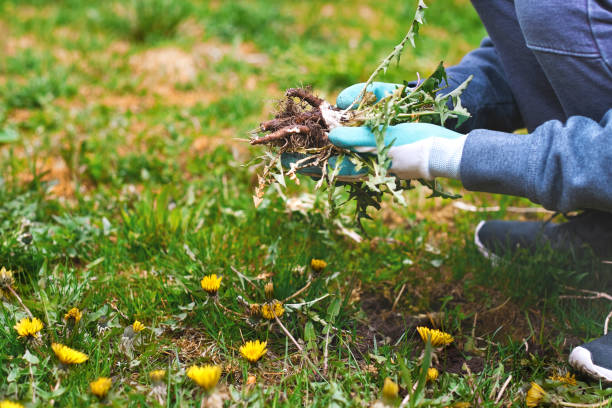
Farmers and home gardeners can quickly turn most weeds into beneficial organic matter with diligence and timely weeding. At times, weed control costs can add up to a vast amount. However, having an ecological understanding of weeds is crucial for an effective organic weed management program. Which can make the difference between success and failure. So are weeds harmful – to know more about the topic, keep reading.
Weed Management – Its Importance
If it were not for weeds, the world would have lost more topsoil than it has to date. Moreover, humankind might have suffered mass starvation by now. Why? The primary reason is that plants we call weeds do a vital job in ecosystems.
Weeds are very fast in establishing themselves, protecting and restoring the soil that has been left exposed by natural and human-caused disturbances. Do you know that the Appalachian region of the eastern USA has layers and layers of precious topsoil washing away in each heavy rain? Only the brambles, greenbrier, pokeweed, poison ivy, and other brushy weeds cover the ground with their impenetrable tangle.
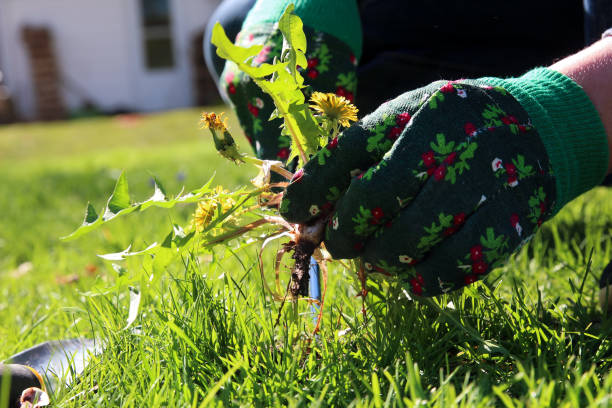
Other regions have their own characteristic set of pioneer plants that start restoration after calamities like timber harvest, natural disasters, or other disturbances have stripped the soil of vegetation. These pioneer plants actively initiate the process of ecological succession. If you leave it uninterrupted, they will eventually restore the climax plant community native to the region. Thus we see that weeds play a very crucial role.
In agriculture and horticulture, we all know that humans replace the native climax vegetation with domesticated plant species chosen for their value, such as food, fodder, fiber, and fuel. Most agricultural systems today severely reduce the diversity of the plant community. These plants, in a way, impose some form of repeated disturbance.
What is Weed? – A Definition
The word “weed,” – as you know, is defined as a plant out of place, an unwanted plant. Otherwise, you can say a plant is a pest – that will interfere with the crop or livestock production. Remember that the term is typically applied to any plant species that often becomes a pest.
However, weed manuals and herbicide promotional literature – may also list weed species such as clovers, orchardgrass, tall fescue, hairy vetch, and Jerusalem artichoke – plants that many farmers value as forage, cover, or even food crops when grown in the right context.
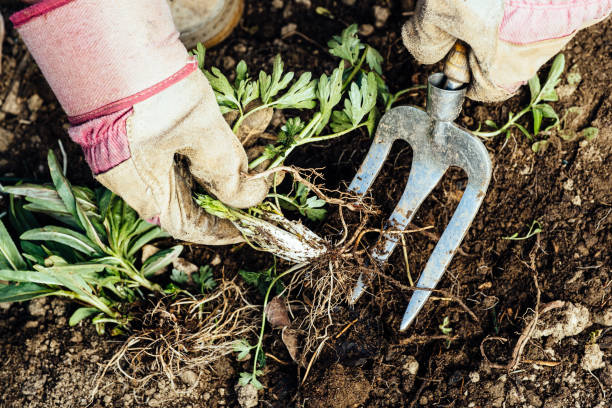
Volunteer crops like buckwheat, winter rye, corn, or even forage soybeans become weeds when they self-seed and emerge in another part of the crop rotation – when they are no longer wanted. Hence plants are defined as weeds in the context they are grown.
From these examples, it becomes apparent that you can use the term weed – based on the human value judgment of certain plants or plant species, whether they are interfering with the desired use of a particular farm. Alfalfa, one of the most highly valued forages or hay crops – can become a weed in a vegetable garden.
Types of Weeds
For most farmers and gardeners weeds are bad news in the garden or farmland. These invasive plants create unwanted competition for space, sunlight, and food in the garden bed or soil. When left unchecked, these weeds often tend to hide pests. The diseases might destroy your next harvest. It is why many gardeners spend hours pulling them out. You can only do it when you know the types of weed.
Most of you generally pull out unwanted growth in your yard. But do you know that not all weeds are harmful? Here are some weeds that can benefit your garden or farm and reasons why you should let them stick around.
Benefits of Weeds
It is a reality that weeds sometimes spell trouble for your garden. Yes, most of them get a bad rap for aggressive plant species. Therefore it competes for resources with your main crops.
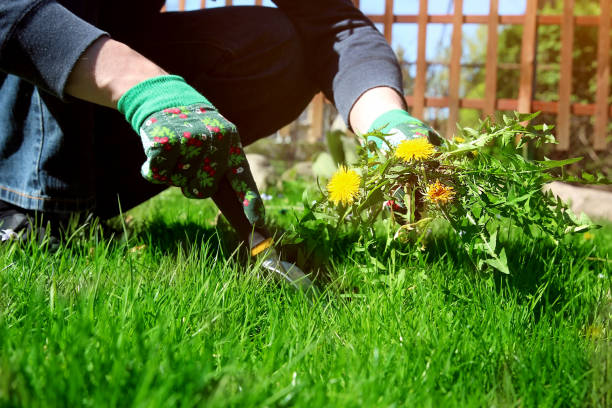
Do you know that certain species of weeds can help your garden become more productive and lush? While some other types of weeds can do an excellent job of helping you maintain your garden. In summary, you should be aware of the benefits of knowing how to handle them when you see them around in your garden.
Weeds Can Nourish the Soil
We all know that, at times, weeds are notorious for sucking up nutrients from the soil they grow. At the same time, they distribute nutrients to their leaves. However, when such weeds die, the leaves fall back to the ground – they are recycled. In the process, the topsoil gets back those nutrients.
Furthermore, certain garden weeds indicate a need for certain soil nutrients. In such cases you should add soil amendments whenever necessary. They are equally necessary.
They Can Protect the Soil
The most annoying quality of weeds is that they grow quickly. But it is precisely this characteristic. It is this feature that often makes them beneficial for your garden. Weeds can serve as a living mulch, thus protecting your garden’s topsoil. Their roots can help prevent wind and even rain-induced erosion. It might be expected in rainy areas. Are weeds harmful?
They Condition the Soil
Do you know that weeds can help you create a no-till garden? Meaning when these weeds die, their roots aerate your soil in the garden and farm while also making small tunnels. These tunnels help earthworms to bore. So it answers your question – are weeds harmful?
Weeds Can Attract Beneficial Insects
Most weeds have a short lifespan, yes it is very short. So they have to produce flowers, which ensure the next generation’s survival. These bright flowers are usually filled with sweet nectar that attracts pollinators.
Types of Weed And Their Effects
Dandelion
Dandelions are a weed that can be good for your garden. Yes, dandelions are one of the quickest weeds that easily spread with each flower head. The weed can scatter at least a hundred seeds with a strong wind.
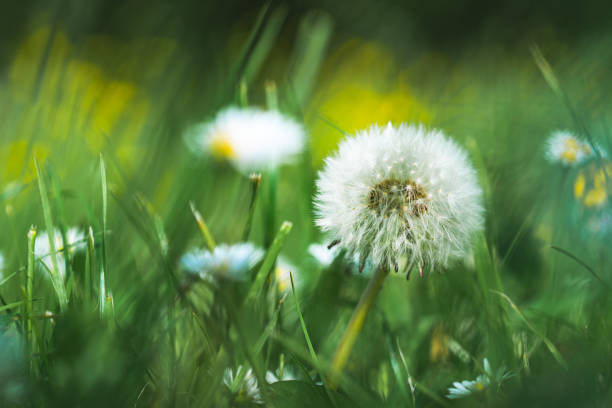
This plant is a nutrient accumulator, which means its deep-seated roots can collect minerals like phosphorus, calcium, copper, potassium, iron, magnesium, and silicon. At the same time, these same roots also loosen densely packed soil. In addition, they can also attract beneficial insects, including ladybugs, wasps, and lacewings.
White Clover
It is great at attracting pollinators, among other things. You will see white clover often showing up in nitrogen-lacking, hardpan clay soil. Yes, the weed can transfer airborne nitrogen into the soil – which are used by the main crops in the garden or farm. At the same time, they can also accumulate mineral phosphorus. These plants can attract ladybugs and other pollinators looking for nectar. The edible flowers of these plants can be added to a salad.
Chickweed
Chickweed is so beneficial to your farm or garden. It can tell you when your soil needs help. If you have chickweeds growing in your garden, it automatically signifies that your soil lacks calcium or phosphorus. So there is an overabundance of potassium or sodium in it. These weeds also appear in disturbed soil, highly-tiled areas, and soil indicating low fertility. You can also eat chickweed or use it as medicine. Are weeds harmful, no.
Broadleaf Plantain
Do you know that broadleaf plantain is excellent for helping with bug bite pain? You can grow broadleaf plantain commonly grown in compacted soil. It can accumulate sulfur, calcium, magnesium, iron, manganese, and silicon. You can also use the plant as medicine because the weed is known to help reduce the pain and itching caused by bug bites.
Yarrow
Yarrow can attract good insects to your garden. This type of weed is suitable for soil improvement since the plant’s deep roots can accumulate phosphorus, potassium, and copper from the subsoil.
These weeds can also serve as a compost activator – thus speeding up the decomposition process. It can be used as a living mulch in dry areas. You can also use it as a cover crop that helps fertilize the soil and improve fruit production.
Chicory
Yes, you can use chicory roots as a coffee substitute. It has lovely periwinkle-blue flowers. Also, you can use the root as a coffee substitute. Moreover, you can also use it to make a tonic if you have an upset stomach or even ease digestion problems.
Stinging Nettle
A weed that can help your soil retain moisture. Yes, they are ideal companion plants that attract beneficial insects when repelling pests. You can also use the weed to fertilize the soil, and it keeps it moist. You can serve it as food, medicine, and herbal ingredients for human consumption.
Therefore, you can see that beneficial weeds can accomplish several things for your garden. They can help fertilize your soil and increase the moisture level. At the same time, they can serve as a living mulch, repel pests, and even attract insects and bugs, all of which are helpful to your main crops. In addition, you can use them as tasty ingredients in your kitchen and even as medicines.
Conclusion
Knowing the effects of different types of weeds and the benefit of weeds in your garden – you will surely think twice before you pull out another weed. Now you will surely start to recognize the weeds as soon as you see them in your garden.
Read related articles on digital camera, image processing, humus soil, agricultural innovation examples, soil profile, types of flowers, garden decor ideas, layers of soil, soil erosion, soil fertility, causes of soil erosion, stomata function,and more.
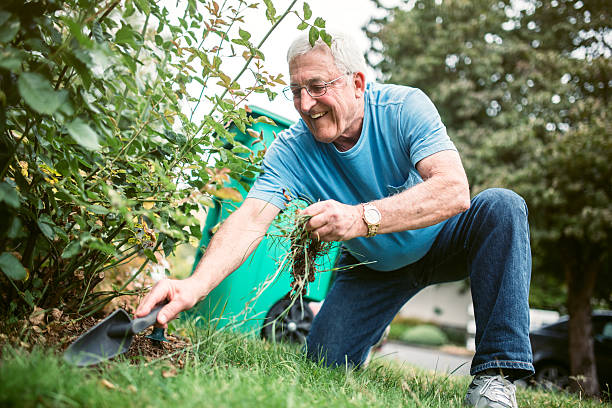

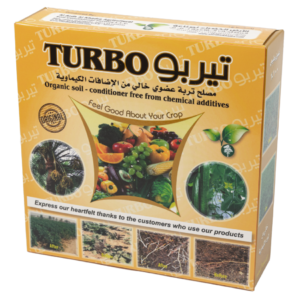
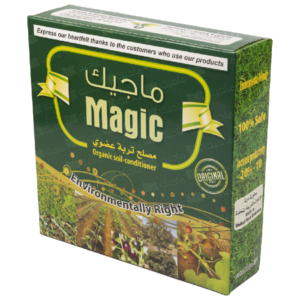

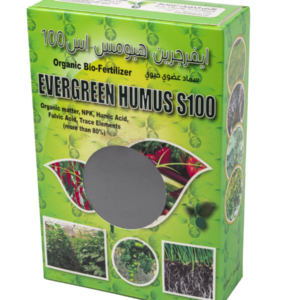
Leave a Reply